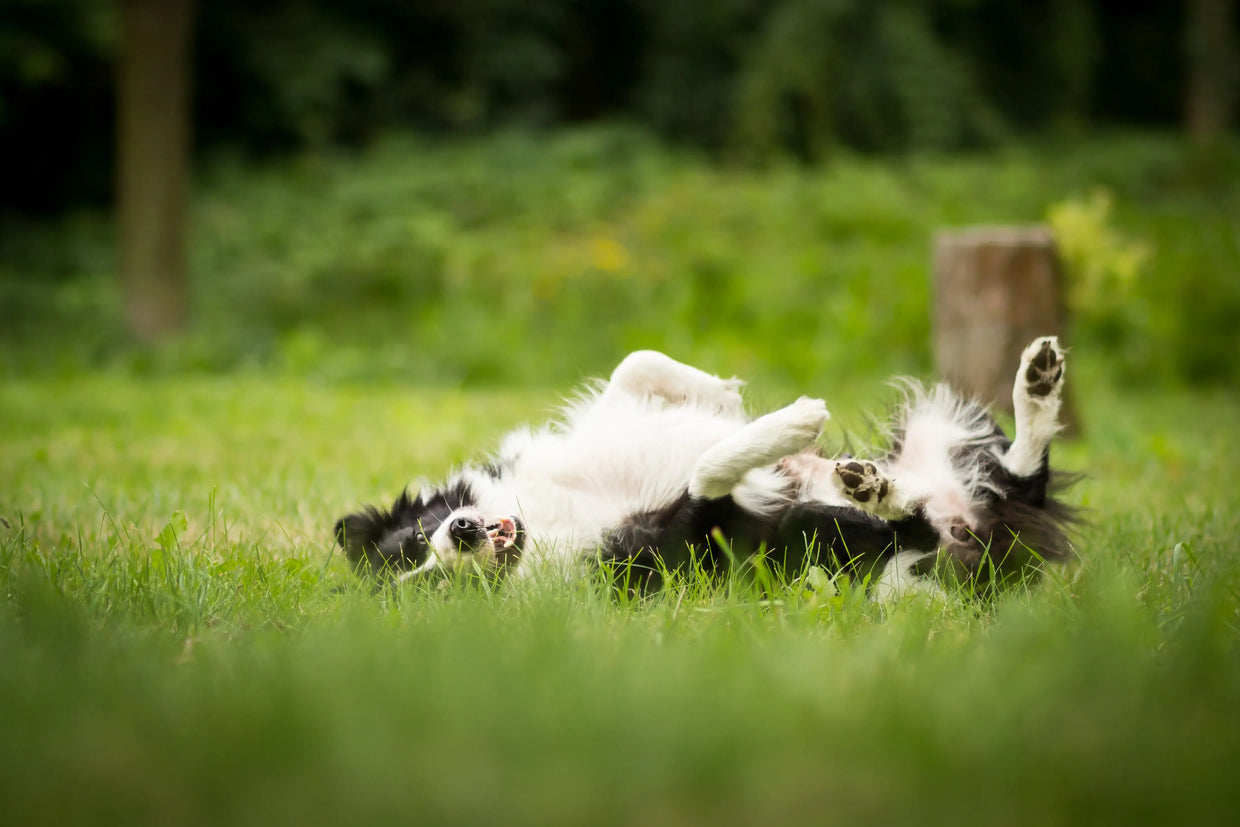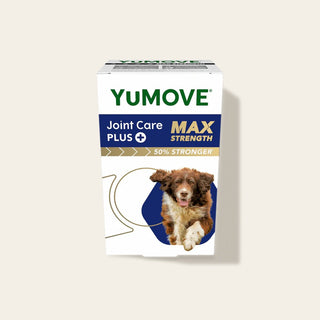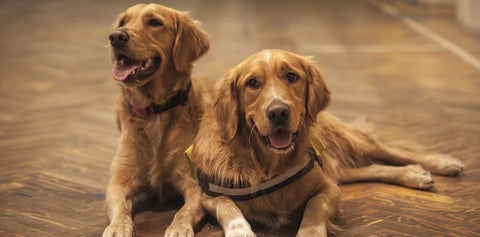

Ask the Vet: Itchy skin
Scratching your head about how to soothe your dog’s itchy skin? Don’t worry, our in-house vet, Dr Jayne Laycock BVetMed MRCVS, is here to help.
“My dog scratches a lot around her neck and muzzle. She’s been treated for ticks and fleas but still scratches. Could she have an allergy?”
It’s possible that your is displaying the signs of an allergy, but before exploring this route, it’s always important to rule out other causes that could be making your dog scratch. Ensuring your dog is treated for fleas and ticks with an effective treatment is key, as flea infestations are one of the most common causes of itching in dogs.
It’s also important to check with your vet that you’re using the correct type of flea and tick treatment for the size of your dog, and that you’re using them frequently enough. There are, however, other parasites that your vet may want to check for by performing tests, which may include skin scrapes. These include certain types of mites, such as the Sarcoptes and/or the Demodex mite. Skin infections with organisms such as yeast, bacteria, or both can also cause scratching in these areas, and your vet can check to see if these are also present.
Your vet can then discuss an appropriate diagnostic and management plan for your dog.
“I use your YuMOVE Skin & Coat Care Itching product and it does help, but is there anything else that can help soothe the itch?”
I’m glad to hear that our YuMOVE Skin & Coat range has helped your dog, but more can be done if you think your dog’s skin needs additional support.
Firstly, it’s really important to make sure you’re administering effective flea treatment on a regular basis, as fleas are a very common cause of scratching in dogs. In fact, some dogs are even allergic to fleas, which can trigger more pronounced signs, including intense itching and skin irritation.
Once your dog is receiving effective flea treatment, there are additional steps you can take to help your dog. These include:
- Using shampoos which have been specifically developed to soothe your dog’s skin – these are readily available. In fact, if your dog has environmental allergies, just the act of shampooing your dog can help reduce allergen levels.
- Seeking advice from your vet – they can advise on the best type of shampoo and how frequently you should be shampooing your dog, depending on their specific concerns.
- Further investigation from your vet to try to work out why your dog is so itchy. If necessary, they can also prescribe medication to help reduce your dog’s scratching
“When do I need to visit the vet about my dog’s itching? How much is too much itching?”
That’s a really good question, as it’s obviously completely normal for your dog to scratch every now and then – just like us! However, we’d be more concerned if your dog is continuing to scratch even through times of rest, such as overnight. They may even be keeping you awake at night. This is definitely not normal, and we recommend you get your dog checked over by your vet.
Other signs to look out for include:
- Obvious thinning of your dog’s coat
- Bald areas indicating excessive hair loss
- Red or sore areas on your dog’s skin
- Red and sore ears
- Smelly coat
If you notice any of these signs in your dog, or if you are just concerned, then please seek advice from your vet.

“My dog chews her paws a lot – is this a sign of itchy skin?”
Yes, absolutely. In fact, it’s a really common problem that, as vets, we see in practice. Let’s take a look at why dogs might chew their paws…
General allergies
General allergies are a really common cause of itchy paws. So, if you think your dog is licking or chewing at their paws excessively, then you should always get your dog checked by a vet.
Dirty paws
Of course, if you suddenly notice your dog nibbling at their paws straight after a walk, then they may have reacted with something they’ve come in contact with – in which case, washing your dog’s paws with cool water directly after a walk may help.
Parasites
Parasites such as mites, including Sarcoptes, Demodex or Harvest mites, can also cause your dog to nibble at their paws, and you’ll need to seek advice from your vet to ascertain whether any of these mites are present and how to treat them.
Stiff joints
It’s also worth noting that if your dog has sore and stiff joints, they may also lick at their paws. Learn about other signs your dog may have joint stiffness.
Behavioural issues
Changes in their behaviour, including boredom and anxiety, can also cause your dog to chew at their feet, and assuming all other causes have been ruled out, then you may want to seek advice from a behaviourist – your vet will be able to help by making a recommendation, such as using dog calming supplements.
Check out our range of skin and coat products, and find out how they can help your dog look and feel their very best. We’d love to hear how you get on!




